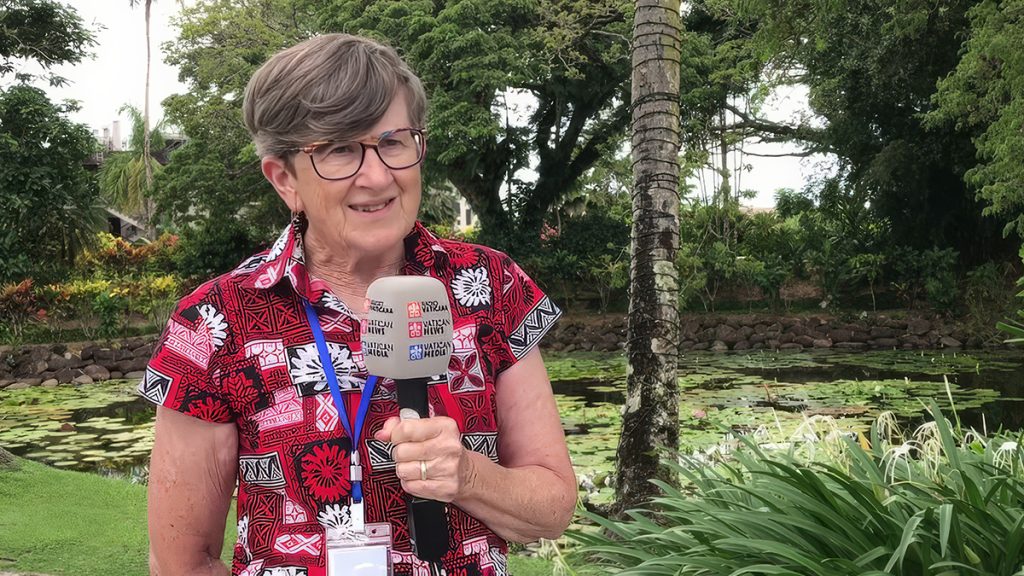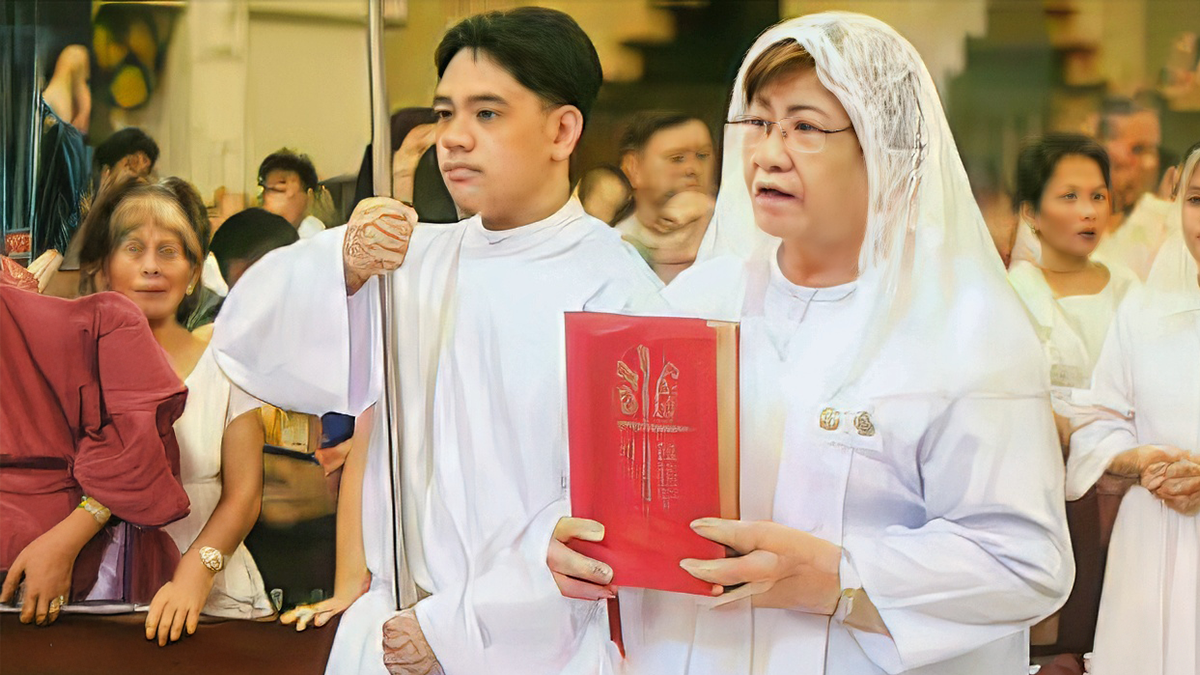I believe it was 1994 when we were promised a revised English-speaking lectionary for the Australian Catholic Church. Could we please just put up with our tatty versions until then?
Some 30 years later, various English-speaking Episcopal conferences are approving different translations, and some are already in use.
In the meantime, Ireland, Australia, and New Zealand have joined forces to prepare a new four-volume lectionary that “might” be ready for use in the next couple of years.
Neighbors in the Pacific
But what of our neighbors in the Pacific?
For some years, I taught in the Pacific Regional Seminary (PRS) in Suva, Fiji. The seminary serves students from most countries in the Pacific Islands, including Kiribati, Samoa, and Tonga, to name a few, and each speaks a different language. The common language used at PRS is English.
When I checked the sacristy, I found a variety of English-language lectionaries from Australia, the USA, Canada, and New Zealand. The choice of use on any particular day either belonged to the presider or the group of students preparing the liturgy.
No one seemed to mind which version, which translation. And given the harsh climate, all the books had seen better days.
Learning the texts
When I first started teaching liturgy at PRS, I introduced students to the various texts in the lectionary and when they could be used.
We looked at options, not only for saints, but also for occasional liturgies.
No one asked what the term lectionary meant.
It wasn’t until I worked with the seniors in their presiding class that I learned that, in fact, some countries have never had a lectionary!
Fiji is an exception, as it does have a vernacular lectionary; however, the selection of texts is limited.
When no lectionary exists
So what happens when a diocese has no lectionary? The reader must improvise.
There is no need to choose a version; in most countries, the Good News Bible is the only available vernacular text.
An ordo from India, Australia, New Zealand, or the USA provides the scripture references. These are found in the Bible in advance and proclaimed at Mass.
It must be difficult when broken passages are used. And of course, there is no carefully prepared format in the Bible to assist the proclaimer.
A question of responsibility
I wonder why, in the past 60 years, the wealthy churches in the Pacific; Aotearoa New Zealand, Australia, and even the USA, haven’t thought to reach out to neighboring dioceses with few resources, either personnel or financial, to assist with liturgical rites.

- Carmel Pilcher RSJ, PhD is a Liturgy and Culture Consultant and Educator, Darug and Gundungura country.

